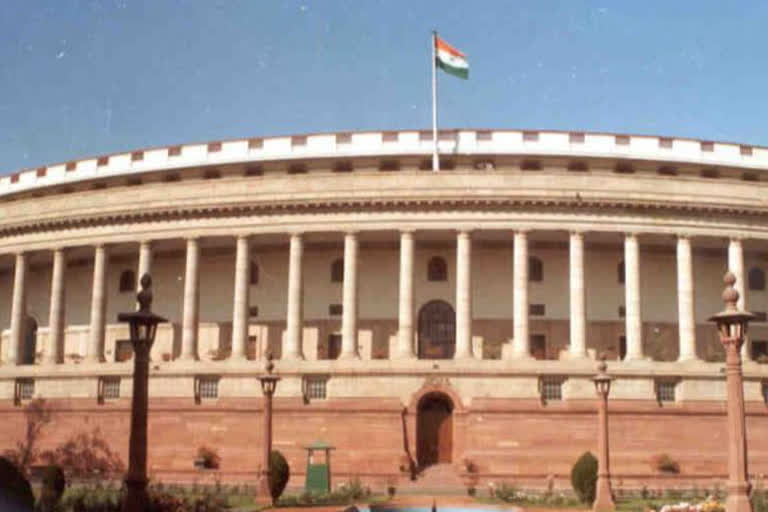New Delhi: Parliament on Wednesday approved three key labour reform bills that will remove impediments for winding up of companies and allow firing of staff without government permission in firms with up to 300 workers.
Amid boycott by opposition parties including Congress and Left over suspension of eight MPs, Rajya Sabha passed by voice vote the three remaining labour codes on industrial relations, social security and occupational safety.
The three codes were passed by Lok Sabha on Tuesday and these will now be sent to the President for his assent.
Replying to the debate on the three labour reforms bills, Labour Minister Santosh Gangwar said,"The purpose of labour reforms is to provide a transparent system to suit the changed business environment."
The minister also told the House that as many as 16 states have already increased the threshold for closure, lay off and retrenchment in firms with up to 300 workers without government permission.
He maintained that is not good for employment generation to keep the threshold low at 100 because it discourages employers to recruit more workers than this and they deliberately keep their workers' strength below it.
The minister was of the view that the increase in threshold would result in job creation and encourage employers to hire.
Read more: KKR to invest Rs 5,550 crore in Reliance Retail
He said these bills would safeguard the interest of workers and provide universal social security to workers by expanding the ambit of Employees' Provident Fund Organisation and Employees' State Corporation of India.
He also said that there would a social security fund to cover around 40 crore unorganised sector workers.
Over 29 labour laws have been merged into four codes and one (Code on Wages Bill, 2019) of them has already been passed, according to the minister.
The Occupational Safety, Health and Working Conditions Code, 2020, will consolidate and amend the laws regulating the occupational safety, health and working conditions of persons employed in an establishment and related matters.
The Industrial Relations Code, 2020, seeks to consolidate and amend laws relating to trade unions, conditions of employment in industrial establishments or undertaking, investigation and settlement of industrial disputes.
The Code on Social Security, 2020, will amend and consolidate laws relating to social security with the goal to extend social security to all employees and workers either in the organised sector or the unorganised sector.
The Code on Wages 2019 was passed by Parliament last year. The passage of the remaining three codes by Parliament completes government efforts to reform labour laws in the country.
(PTI Report)



